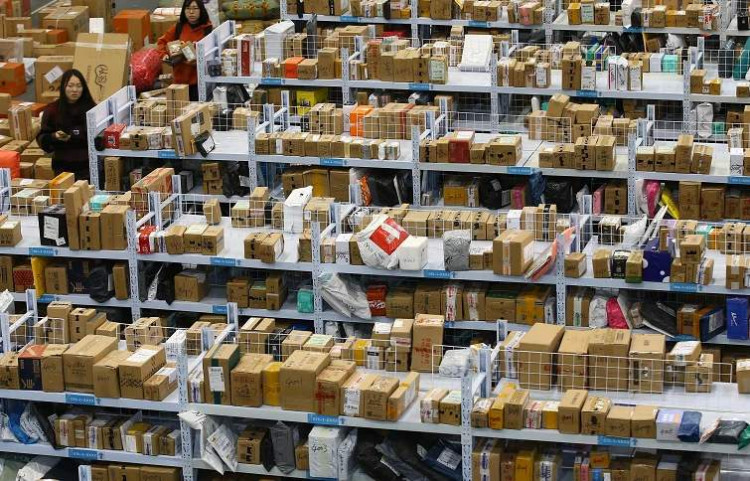President Donald Trump signed an executive order Friday delaying his planned cancellation of the de minimis trade exemption, a rule that allows duty-free shipments of goods valued at $800 or less. The exemption, widely used by Chinese e-commerce giants Temu and Shein, had been removed as part of the administration's recent tariff expansion.
The order states that de minimis exemptions will be reinstated until the Commerce Department confirms that "adequate systems are in place to fully and expediently process and collect tariff revenue." The decision follows concerns that U.S. Customs and Border Protection (CBP) lacks the capacity to process the massive influx of low-value shipments requiring formal customs clearance.
Trump had initially scrapped the exemption last Saturday when he imposed an across-the-board 10% tariff on Chinese imports. The move was expected to disrupt a retail sector reliant on inexpensive, direct-to-consumer shipments from China. However, the White House did not specify how long the exemption will now remain in place.
De minimis has fueled a surge in Chinese imports, with CBP reporting more than 1.3 billion such shipments in 2024 alone. A 2023 report from the House Select Committee on the Chinese Communist Party found that Shein and Temu are "likely responsible" for more than 30% of de minimis shipments into the U.S. and estimated that nearly half of all de minimis shipments originate from China.
Critics argue that the provision gives an unfair advantage to Chinese e-commerce platforms while making it harder for U.S. regulators to track counterfeit and unsafe products. The Biden administration had proposed a rule in September 2023 to strengthen CBP's oversight of de minimis shipments, aiming to curb what officials described as its "overuse and abuse."
Following Trump's reversal, the U.S. Postal Service withdrew an earlier announcement stating it would stop accepting packages from China and Hong Kong. Instead, the agency said it would work with CBP to establish an "efficient collection mechanism" for the new tariff revenue.
The White House decision is a major development for fast-fashion giants Shein and Temu, which have grown rapidly by taking advantage of de minimis rules to ship low-cost goods directly to American consumers. As scrutiny of the provision has increased, both companies have taken steps to shift parts of their operations to the U.S. Shein has opened distribution centers in Illinois and California, along with a supply chain hub in Seattle. Temu has begun onboarding Chinese sellers with inventory at U.S. warehouses to shorten delivery times.
With the tariff delay in place, shoppers who rely on Shein and Temu for ultra-low-cost products will continue to see duty-free imports-at least for now. However, trade analysts warn that once the government finalizes its enforcement measures, Chinese e-commerce platforms may face significant cost increases, reshaping their competitive edge in the U.S. market.






